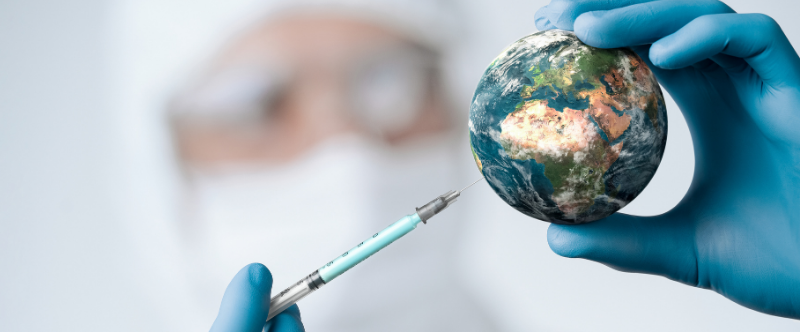The history of the world has largely been divided into BC (Before Christ) and AD (Anno Domini), but with the arrival of 2020, a third milestone came into existence- post-pandemic. The COVID-19 outbreak changed the world as we knew it and rewrote several rules. Every aspect of life, including how businesses conduct themselves, changed, and pharmaceutical processing was no different.
India is the third-largest pharmaceutical industry in the world by volume. Generics have traditionally been India’s stronghold contributing over 70% of the overall market revenue. India is also a major exporter of raw materials and APIs used in drug manufacturing, with about 60% of all the vaccines used worldwide being made in Indian manufacturing facilities.
But with the onset of the COVID-19 pandemic, the paradigm of pharmaceutical processing in India shifted. Suddenly pharma companies were forced to operate differently. While the demand for COVID drugs skyrocketed, the constant disruption in supply channels, unavailability of raw materials, and shortage of workforce posed a serious challenge to pharmaceutical processes.
How Covid Impacted Indian Pharmaceutical Processing
The COVID-19 pandemic brought with it a set of unique challenges. For the first time, pharma companies around the world were running a race against time to make effective vaccines available for global consumption as soon as possible and make them available for the global population. The situation required scaled-up production, a solid supply chain, and perfect storage solutions, and all of this with strict lockdowns, travel bans and almost an absent or at best erratic workforce.
As one of the most significant members of the global pharmaceutical processing community, Indian pharma companies had to tackle the issues head-on and develop indigenous solutions to meet the need of the hour.
Lessons Learned from the Pandemic
One of the most important lessons that Indian pharma companies learned during the pandemic was the need for a more agile supply chain in pharmaceutical processing that demonstrates resilience.
It was also the perfect opportunity to realize that things are only going to get more complex with climate change adding new variables and disease mutations necessitating the discovery and development of new therapies, adding pressure to the manufacturing landscape. Thus instead of waiting for the next pandemic, it has now become crucial to invest time and resources in long-term contingency planning to anticipate and prepare for the next big global health crisis.
The direct response in this regard is to scale up manufacturing capacities and develop strategic stockpiling planning to ensure an ability to respond to the surge in demand if and when the next pandemic hits. Building inventory reserves supported by a large network of API suppliers is also a step in the same direction.
One of the approaches that triumphed above all is rapid information exhchange and efficient collaborations. Whether it is getting all the brilliant minds together for research and development or streamlining the delivery of pharma products with the help of multiple companies and NGOs, the pandemic underlined the need for people to come together and work to resolve a crisis.
A wide network of partners can ramp up manufacturing abilities and ensure timely tech transfer and information sharing. It is also a key component in ensuring that more number people, especially those in the lower income groups have equal and adequate access to the pharma products, which was a grave concern during the heydays of the COVID-19 pandemic.
The pandemic cemented the idea that efforts must be concentrated on developing technology that is constantly evolving to keep pace with the needs of pharmaceutical, biopharmaceutical, and biotech companies worldwide. Even though pharma companies were realizing the role of advanced technology in pharma before the pandemic, the COVID-19 crisis became the battleground of a humanitarian crisis that accelerated the adoption of a drastic technology-driven mindset.
How TSA Pharmaceutical Processes & Methods Changed Post Pandemic
Like everyone else, TSA was not immune to the monumental challenges that the COVID-19 pandemic brought. Continuous pharma processing was disrupted due to constant delays and supply chain issues. It is at this moment that we made an intentional and strategic decision to pivot and put technology at the core of our offering.
Our is a two-pronged approach; Make in India allows us to expand our manufacturing ecosystem locally, while our expanded supplier network spans geographies for niche technologies.
Over the last year, there has been an increased demand for small- and large-volume parenteral plants as manufacturing companies gear up to build capacity for vaccines and life-saving therapies for COVID and COVID fallout illnesses. These include injectables like propofol and small-volume parenterals like Amphotericin B used to treat Mucormycosis or Black Fungus.
With the future becoming an increasingly complex space for pharma manufacturers, TSA is very mindful of the role we play in supporting drug manufacturing companies as they rise to meet these challenges.
To start with, we’re meeting the growing demand for high-purity water systems and sterile mixing vessels with increased manufacturing capacity and doubled our workforce. In addition, there is a company-wide urgency to accelerate our learning cycle and stay informed. Our design and production teams work seamlessly to ensure on-time deliveries.
At TSA, we’re always taken on any challenge head-on. When you come to us with a problem, it is in our team’s DNA to deliver a solution that addresses your specific use case. Some of the customer challenges we’ve solved have been against the backdrop of the most demanding situations and complex geographies.
As you gear up to meet processing challenges, you can depend on us to find the most optimized and efficient solutions for you. Use the form below to connect with us.
"*" indicates required fields
You might find these interesting –





